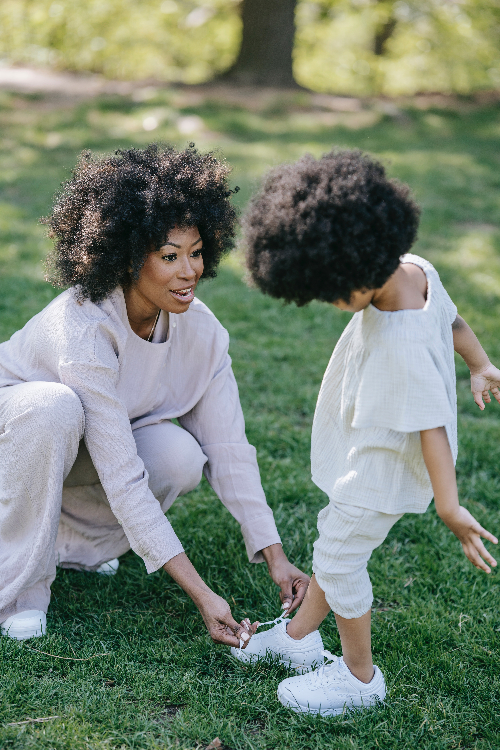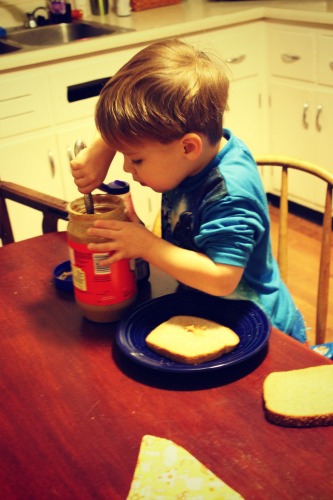It’s easy for us parents of autistic children to just do everything for them. Let’s face it, teaching children independence whether or not they’re on the spectrum is time consuming. But it’s so important to take the time to do it. I used to do everything for mine just because it’s faster and I wanted to avoid a meltdown, but I wasn’t doing him any favors.
A common goal for parents is to raise their children so they become independent functioning adults. This goal should be the same even for children with autism. Yes, they may take longer to learn certain skills, but most skills can be systematically taught. Independent living skills, also known as adaptive skills, are necessary for children with autism to learn in order to reduce the amount of assistance they will need as they develop into adults.
Tips to Develop Independence in Children with Autism:
- Have high, yet realistic expectations – Only challenge your child to do things you know they can currently do. If your child has fine motor delays it would be unreasonable to expect them to tie their shoes without any prior training. However, they could start by putting both shoes on by themselves.
- Set attainable goals – The goals can be either short-term (Removing socks independently) or long-term goals (Completing dressing routine independently)

- Start small – If your child cannot use buttons, start working on strengthening their fine motor skills and hand strength. Then eventually you can work up to using buttons.
- Don’t do everything for your child – When you are in a rush it is usually easiest just to do everything for your child, but this is not helping them learn necessary skills. If your child is able to do a skill, make sure they have multiple opportunities to practice. They may involve rearranging your schedule slightly to allow for extra time for them to get dressed, take a bath, etc.
- Start as soon as possible – Don’t wait until your child is reaching the teenage years to start teaching adaptive skills. Look at typical developmental milestones to see at what age children learn to do certain skills. Even children as young as 2 can start helping with their dressing routine, cleaning up, and other independent living skills.
- Do not give in to behaviors which may be exhibited due to difficult tasks – If a particular task is challenging for your child, expect them to exhibit some negative behaviors in an attempt to get out of completing the task. In these types of situations, you will need to ignore all negative behaviors and make sure they complete the task instead of avoiding it.
- Reinforce independent skills – When you see your child engaging independent behaviors, reward them so these behaviors continue in the future.
More info, nspt4kids.com and theautismcafe.com

